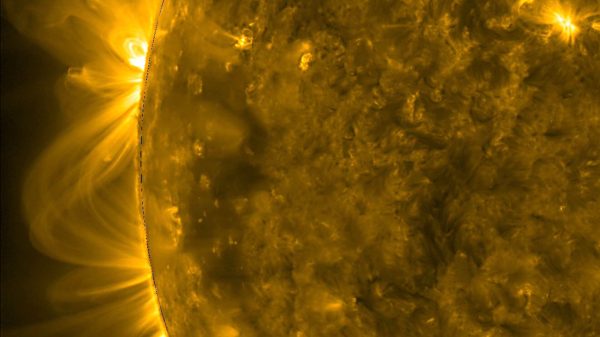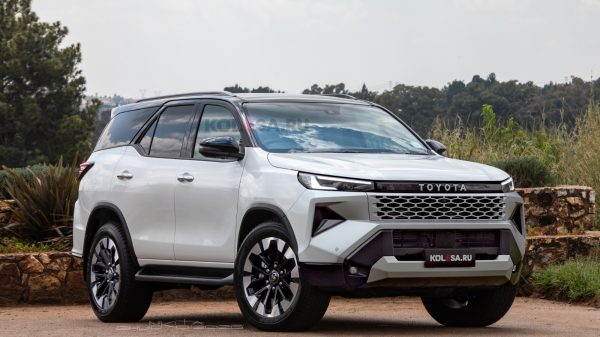
Taiwanese sailors salute the island's flag
Credit: Mandy Cheng/AFP
China could invade Taiwan within the next six years as Beijing rapidly steps up its military challenge to American forces in the Indo-Pacific, a top US commander warned on Tuesday.
"I worry that they’re (China) accelerating their ambitions to supplant the United States and our leadership role in the rules-based international order… by 2050," Admiral Philip Davidson, head of Indo-Pacific command, told a US Senate committee.
"Taiwan is clearly one of their ambitions before that. And I think the threat is manifest during this decade, in fact, in the next six years," he said.
The Chinese Communist Party, which claims Taiwan as its own even though it has never ruled there, has repeatedly threatened to invade its territory, and in recent months has intensified its aggressive military activity around the island.
The democracy of 23 million lies at a critical mid-point of the strategic so-called “first island chain,” which is integral to both Chinese and US military doctrine.

Chinese troops during a military parade in 2019
Credit: Greg Baker/AFP
Annexing Taiwan would grant China much desired open access to the Pacific coastline, presenting an additional challenge to Washington’s free and open Indo-Pacific strategy.
Although Washington switched diplomatic recognition from Taiwan to China in 1979, it remains Taipei’s most important unofficial ally and military backer.
In January the incoming administration of Joe Biden, the US president, stressed that Washington’s commitment to the island was "rock-solid" and formally invited Bi-khim Hsiao, Taiwan’s de facto ambassador to the inauguration, an unprecedented move since the 1970s diplomatic switch.
The admiral’s comments came as he stressed the importance of boosting US defence capabilities on the first island chain, which also runs through Japan and the Philippines, and on the second island chain, which is further west and includes Guam, a major US military outpost.
"Guam is a target today," he warned, urging senators to prioritise the installation of an Aegis Ashore anti-missile battery, capable of intercepting the most powerful Chinese missiles in flight.

Andersen Air Base in Guam
Credit: Erik de Castro/Reuters
Guam "needs to be defended and it needs to be prepared for the threats that will come in the future," Admiral Davidson said.
He said building deterrence was key to keeping an emboldened China’s expansive territorial claims to the Indo-Pacific in check.
In a sign of deepening Sino-US competition, the US Indo-Pacific Command last week requested around $27 billion for new precision-strike, air missile defence and other capabilities to counter China’s military rise.
China hiked its own 2021 defence budget last week by 6.8% to $209 billion.
The admiral told the American Enterprise Institute that “the greatest danger the United States and our allies face in this region is the erosion of conventional deterrence vis-à-vis the People’s Republic of China.”
He added: "We must be doing everything possible to deter conflict. Our number one job out here is to keep the peace, but we absolutely must be prepared to fight and win should competition turn to conflict.”


















































Свежие комментарии